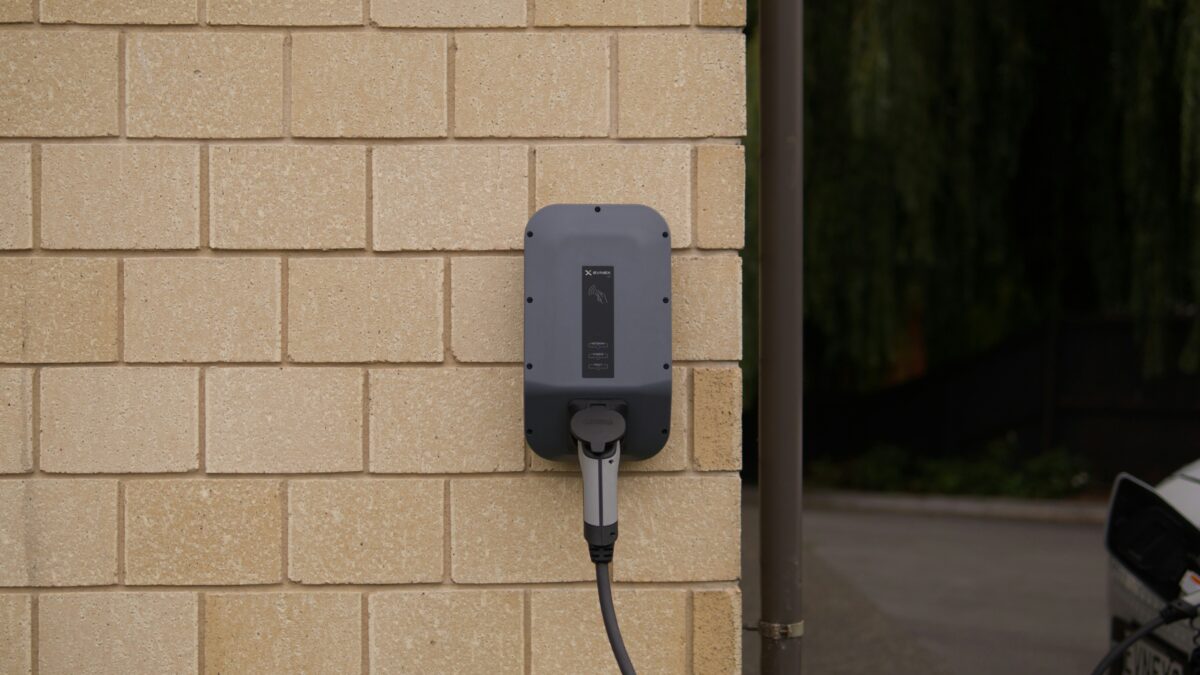Should You Go with a High Deductible or Lower Deductible?
When it comes to car insurance, the choice between a high deductible and lower premiums largely depends on your individual circumstances and your comfort level with risk. Both options have their own advantages and considerations that are worth assessing before you make any type of commitment. So, in this guide we’ll help you do just that!
It’s time to assess your day-to-day driving scenario, evaluate your ability to handle unexpected expenses, and consider your overall risk tolerance before making a choice on coverage. Here are some important factors to consider:
High Deductible:
- Lower Premiums: Opting for a high deductible often means paying lower monthly or annual premiums. This can save you money on insurance costs.
- Good Health/Driving Record: If you’re generally healthy or a safe driver, you might consider a high deductible since you’re less likely to incur frequent medical expenses or car repairs.
- Emergency Fund: Ensure you have sufficient funds set aside to cover the higher deductible in case of an unexpected event.
Low Deductible:
- Higher Premiums: Plans with lower deductibles usually have higher premiums. You pay more upfront, but your insurance covers a larger portion of expenses when needed.
- Predictable Costs: If you have ongoing medical needs or anticipate potential car repairs, a lower deductible can offer more financial predictability.
- Limited Emergency Fund: If you don’t have a sizable emergency fund, a lower deductible might be more suitable to avoid major out-of-pocket expenses.
Here are some considerations for making your decision:
- Driving habits: Consider how often you drive, where you drive, and your past driving history. If you’re a cautious driver with a low likelihood of accidents, a higher deductible might make sense.
- Vehicle value: The value of your car matters. If you drive an older or less expensive vehicle, it might not be cost-effective to pay higher premiums for lower deductibles. On the other hand, for a new or expensive car, a lower deductible could be more appealing to protect your investment.
- Financial situation: Evaluate your ability to pay the deductible out of pocket if you need to make a claim. A high deductible could be a financial burden if you don’t have the funds readily available.
- Risk tolerance: Are you comfortable with the possibility of having to cover a larger portion of repair costs in the event of an accident? If not, a lower deductible might provide peace of mind.
- Driving environment: Consider the likelihood of accidents or damage in your driving environment. For example, if you live in an area prone to accidents or severe weather, you might want a lower deductible.
- Usage of vehicle: If you use your vehicle for business purposes or frequently carry passengers, you might want more coverage to protect against potential liability claims.
- Comparative costs: Calculate the potential total cost (premiums plus potential deductible payments) for both plans based on your driving history and vehicle value.
It’s important to strike a balance between upfront costs and potential out-of-pocket expenses in the event of a claim. If you’re uncertain about which option is best for you, consider discussing your situation with an insurance agent or financial advisor who can provide personalized advice based on your needs and circumstances.
Overview
Ultimately, there is no one-size-fits-all answer. You should weigh the pros and cons of each option based on your individual circumstances and interest to cut down on car costs. Whether you prioritize lower monthly expenses or greater coverage security, understanding the nuances of high deductible versus lower deductible plans empowers you to make a confident and well-informed decision.
The best course of action is to shop around and compare quotes from different insurance providers. This proactive approach enables you to find a policy that is tailored to your specific needs.
















